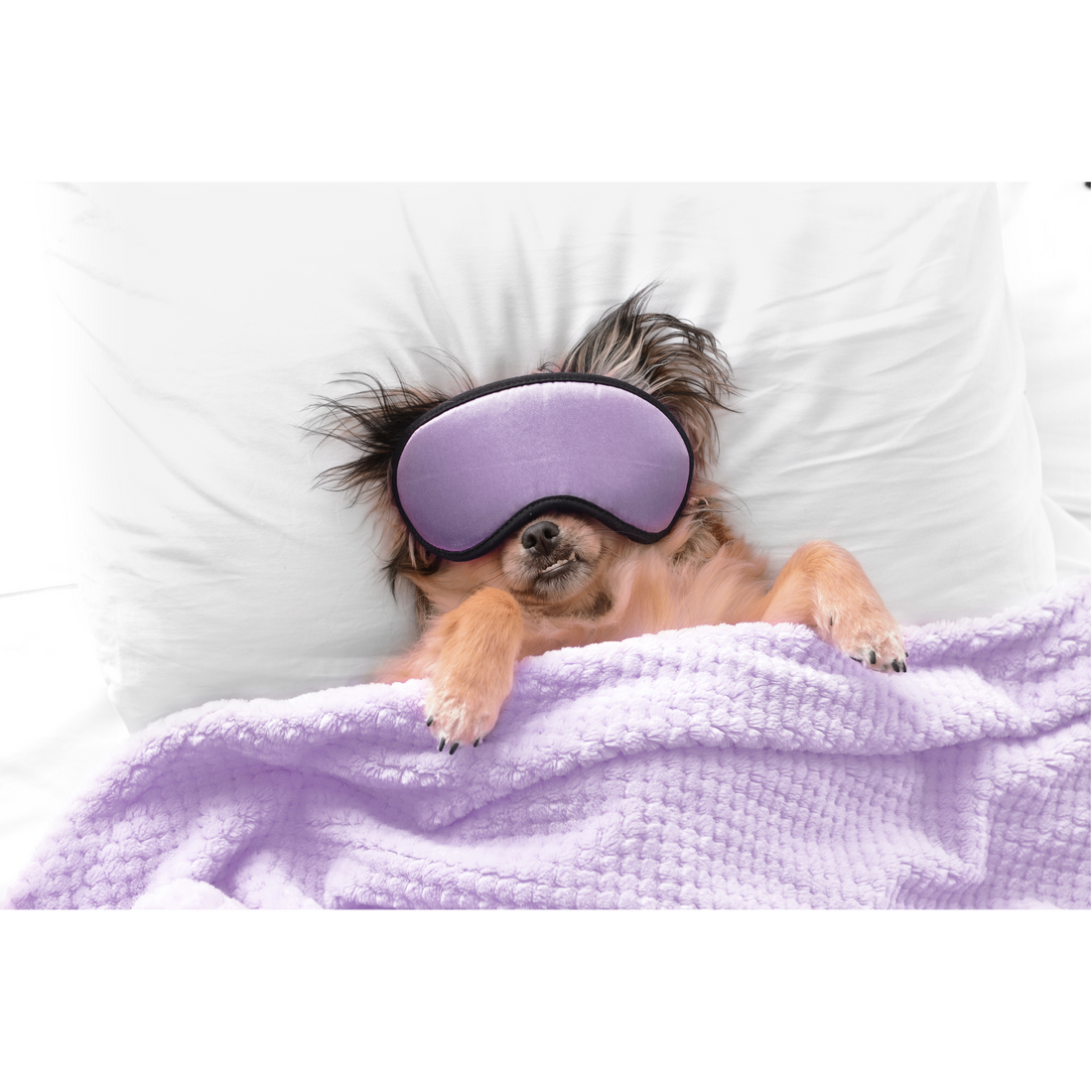
Do Dogs Dream? Understanding What Happens When Your Dog Sleeps
Have you ever watched your dog twitch, whimper, or even move their paws while sleeping and wondered, What are they dreaming about? While science may never fully uncover the mysteries of a dog’s dreams, research has given us fascinating insights into what goes on in their minds during sleep.
In this blog, we’ll dive into the science of canine sleep, explore whether dogs dream, and what their dreams might mean for their health and happiness.
1. The Science of Sleep in Dogs
Just like humans, dogs go through several stages of sleep. The most intriguing is the REM stage (Rapid Eye Movement), which is associated with vivid dreaming. During this phase, you may notice your dog twitching, making noises, or even “running” in their sleep.
Here’s what we know about dog sleep cycles:
- Non-REM Sleep: This is the deep, restful sleep where the body repairs itself and the immune system strengthens.
- REM Sleep: This is where dreams occur. Puppies and older dogs tend to spend more time in REM sleep than adult dogs because their brains are still developing or processing more information.
Dogs typically sleep 12–14 hours a day, but this can vary by breed, age, and activity level.
2. Do Dogs Dream? What the Research Says
Research suggests that dogs do, in fact, dream! A study conducted by MIT revealed that animals, including dogs, experience brain activity during sleep that resembles their waking moments. This means your dog might be dreaming about chasing a ball, exploring the park, or even cuddling with you.
Interestingly, smaller breeds like Chihuahuas may dream more frequently, while larger breeds like Labradors tend to have longer but less frequent dreams.
3. What Your Dog’s Sleeping Habits Say About Their Health
Your dog’s sleeping patterns can reveal a lot about their overall well-being. For example:
- Restless Sleep: Frequent movement, whining, or waking up could indicate stress, anxiety, or even joint discomfort.
- Excessive Sleep: If your dog is sleeping more than usual, it could be a sign of aging, illness, or a lack of mental stimulation.
- Interrupted Sleep: Environmental disturbances, like loud noises, can prevent your dog from getting the restful sleep they need.
Ensuring your dog has a comfortable, quiet sleeping environment is essential for their health.
4. Can Dreams Reflect a Dog’s Personality?
Dreams might mirror your dog’s daily experiences and emotions. For example:
- Active Dogs: If your dog loves running and playing fetch, their dreams might involve chasing balls or running freely.
- Anxious Dogs: Dogs that are naturally nervous or stressed may have dreams that reflect their fears or anxieties.
- Food-Loving Dogs: If your dog’s life revolves around treats, don’t be surprised if their dreams involve chasing the smell of bacon!
While it’s fun to imagine, dreams are likely tied to memories and sensations from their waking hours, rather than complex thoughts or fantasies.
5. How to Improve Your Dog’s Sleep Quality
Quality sleep is just as important for dogs as it is for humans. Here are some tips to help your dog sleep better:
- Comfortable Bedding: Invest in a supportive, cozy bed that cushions their joints.
- Daily Exercise: Physical and mental stimulation during the day helps your dog sleep more soundly at night.
- Consistent Routine: Dogs thrive on structure, so maintaining a regular bedtime routine can help improve their sleep.
- Supplements for Relaxation: For dogs with anxiety or restlessness, calming supplements can make a big difference.
Conclusion: Dream Big, Sleep Well
While we may never fully know what our dogs dream about, understanding their sleep patterns can help us provide better care and comfort. Whether they’re chasing squirrels in their dreams or replaying a day full of adventures, sleep is essential to their health and happiness.
Want to help your dog sleep better? Explore The PetSolution’s range of calming and health-supporting supplements, designed to keep your furry friend relaxed and ready for sweet dreams.
References:
- MIT Research Lab: Animal Sleep and REM Dreaming Studies
- American Kennel Club (AKC): Understanding Canine Sleep Patterns
- PetMD: How to Recognize Healthy Sleep in Dogs
- Veterinary Science Today: Sleep Behavior in Domestic Dogs